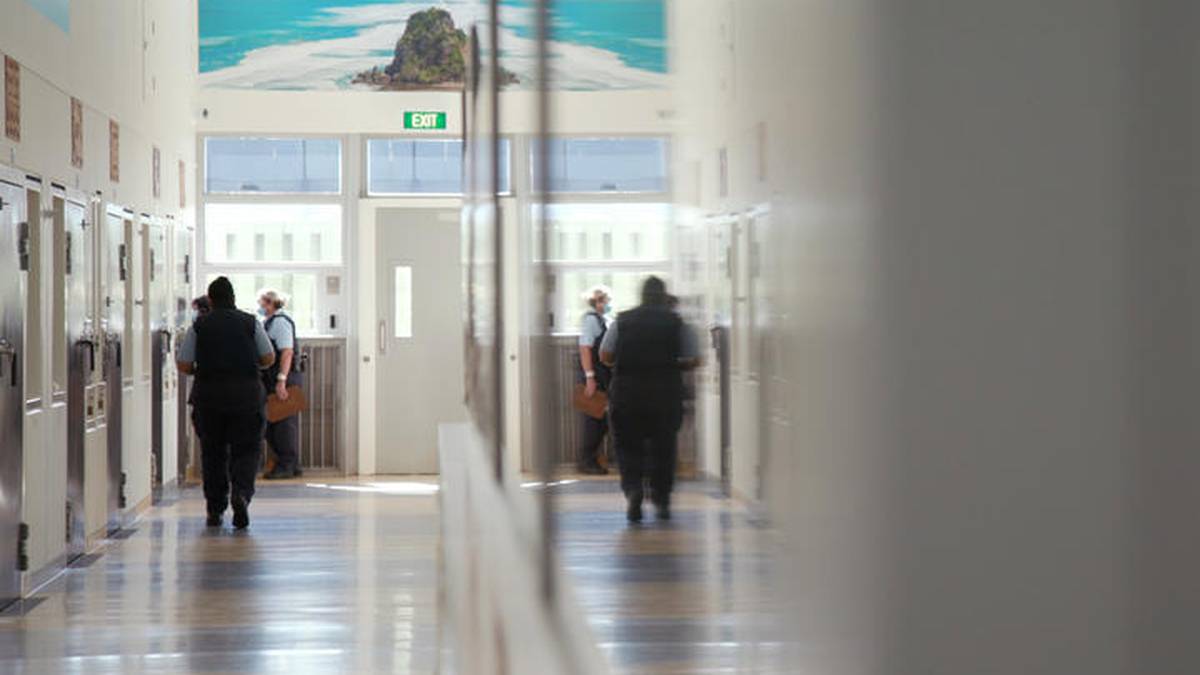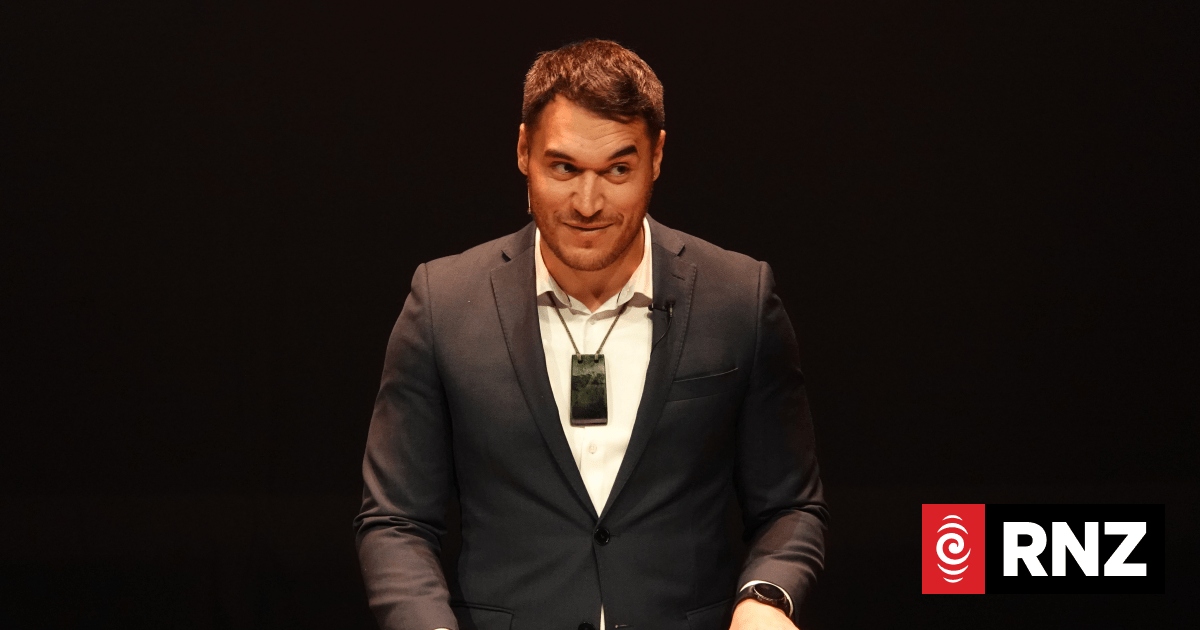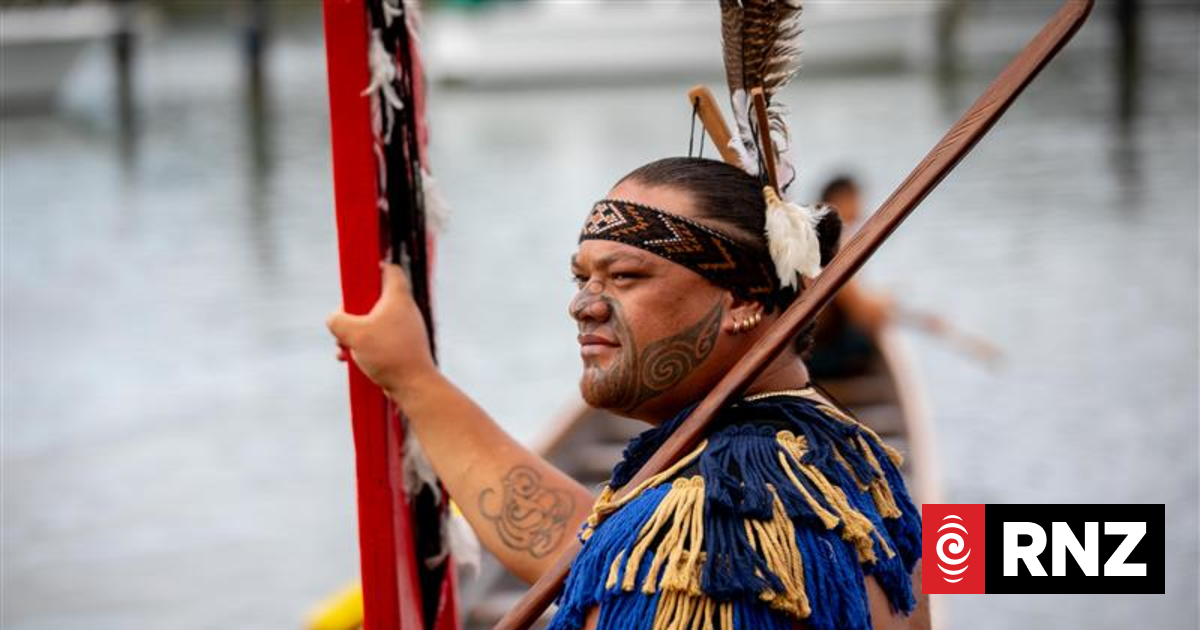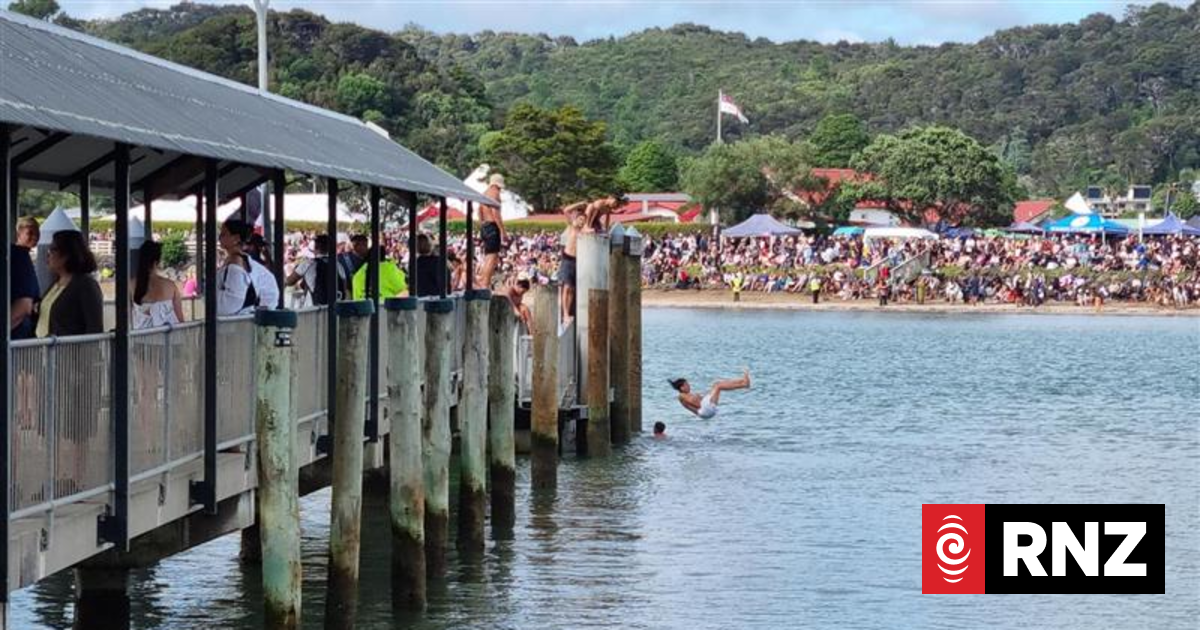A corridor at Auckland Women’s Prison in Wiri. Photo / RNZ, Claire Eastham-Farrelly
OPINION:
It’s been one disaster after another in the early 2020s. Plagues, droughts, volcanos and now floods. What is going to be next? Locusts?
We have also had somewhat of a disaster in our world of disability advocacy. A case that we have been advocating for since early last year has finally culminated in a 20-year-old intellectually disabled woman ending up in the police cells for three nights and then being transported to Wiri Women’s Prison.
From there, she will go into a secure residential facility that assesses, treats and assists in the recovery of people with a mental illness or intellectual disability who have committed a criminal offence or are at high risk in the community. She will be there for an unknown amount of time, which is likely to be significant.
Advertisement
While this young woman is finally getting the expert care and treatment she needs, I really wonder if this situation could have been avoided through a more proactive disability sector with an appropriate level of respite and residential options and a mental health service that could better deal with identifying and supporting a dual diagnosis – for example, a combination of mental health and intellectual impairment.
Months and months were spent by myself and others requesting an alternative living situation from what she had with her ageing grandparents, who were suffering physically and emotionally from her behaviour. The blanket response we got was that there was nothing available.
There were times when the police were called due to uncontrollable outbursts. The police would take her to mental services at the hospital, which apparently determined she didn’t have a mental health issue but was simply intellectually disabled and could not “be here”. She would be taken back to her frazzled grandparents.
The cycle of “there is nothing available” and then “she can’t be here” continued for a few agonising laps. Then, at last, a solution was found, albeit a temporary one. An unused house owned by a residential provider was utilised, with two care workers to support her.
Advertisement
It was, however, all too little, too late. Her behaviour had spiralled out of the control of the professional caring agency (little wonder her grandparents couldn’t cope). In the end, the only option the grandparents had was to lodge a complaint of assault to the police so a court order could be triggered to deem her unfit to stand trial so that she could then be sent to a secure residential facility.
This is not the first time families with disabled people have been told there is nothing available in a crisis. It is a recurring situation in Northland. It happens particularly when parents or grandparents reach an age where they can no longer cope with their disabled son or daughter and a crisis point is eventually reached.
It is not good enough to simply announce there is nothing available. There must be an emergency respite facility available – parents and whānau of disabled people have emergencies, including unplanned hospital stays, deaths in the family, floods and breakdowns.
When disaster strikes, it strikes them twice as hard. The usual social networks one might have to rely on when the unmentionable hits the fan are often not there for these whānau. Sadly, they have often become isolated from friends and family due to their role as 24/7 carers.
Yes, it’s sad, but it is reality and we need to cater for it. If, as the usual brokers of disability care have insisted during the debacle for this young woman, they are ‘not an emergency service’, then who is? What about taking some responsibility for the insufficient investment in local services for the most complex clients with a disability? Who allowed this to unravel into an emergency?
Who carries the can and who holds up their hand to help?
As Mahatma Gandhi once said: “The true measure of any society can be found in how it treats its most vulnerable members.”
Jonny Wilkinson is the CEO of Tiaho Trust – Disability A Matter of Perception, a Whangārei-based disability advocacy organisation.




